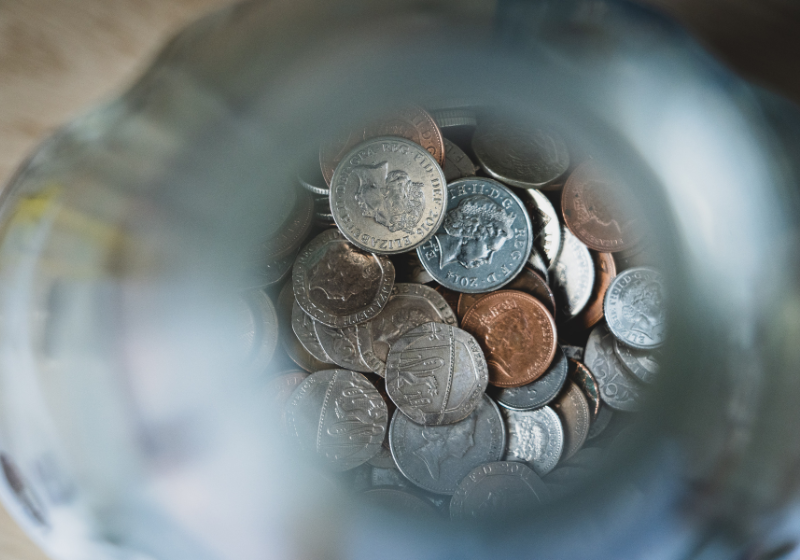What do you do?
It’s the dreaded question at social events. The classic conversation starter to get the small talk rolling, but for us with more than one source of income, it becomes a minefield.
“I’m an actor, but I also write for some blogs and do some advertising copy. Oh yeah, and my friend is starting a food truck, so I help out there sometimes. And I teach an improv class and get some money from my YouTube channel…”
Que the blank looks as I describe the various side hustles and gigs I do to put bread on the table. It really starts to get interesting when I describe how I get my money to the tax man.
For the record, anything that comes into your pocket through work is generally income. That includes money from things you sell, commission, bonuses, payments in lieu of wages, and some allowances. Double check with a tax expert to confirm, but generally whenever you work for something – it’s income.
You may already be classified as self-employed
If you start to do any work for yourself, or you think of your work as freelance work, you are technically “self-employed” – even if you haven’t told HMRC yet. Here are some signs that you are self-employed.
You run a business
If you are responsible for the success or failure of a business, you count as self-employed – unless you are the owner of a limited liability company. More on that below.
You decide when and how you work
One of the great things about being a freelancer is the ability to decide when and where you want to work. For example, I love working early in the morning, before a regular 9-5 job would be operating. If you decide when you get a job done, it is often because the buck stops with you – you are probably self-employed.
You charge for your services
If you are charging for a product or service, you are probably self-employed. This applies to a whole bunch of things, like work you get through apps like Fiverr, contracts that you are personally responsible for, and items that you sell online.
You provide your own materials/equipment
If you are responsible for materials/equipment, you are probably self-employed. Freelancers who buy (and deduct) their computers, for example, or Uber drivers who have to pay for their own fuel are both self-employed.
Setting up as a sole trader
If any of the above applies to you, you probably need to set-up as a sole trader with the tax man. Importantly, you can be employed and self-employed at the same time. So even if you have a regular 9-5 and work gigs on nights and weekends, you should still register as a sole trader.
Other ways to work for yourself
There are other ways to classify yourself that may be more suitable. For example, you may want to set up a limited company or start a business partnership. There are costs and benefits to any tax classification you apply to your work. Being self-employed can give you a lot of freedom. Having a limited company can protect you from getting personally sued. It all depends on the work you are doing and your financial landscape.
Talk to an expert
The best way to figure out what path is best for you is to talk to a tax expert. I know that when I started on my taxes this year, it was great to have The Showbiz Accountant right there to give me advice on how to file. Having a tax guru in your corner is incredibly valuable, and has definitely saved me money in the past. Find out if The Showbiz Accountant can help you decide if you are self-employed or not, and book a free 15-minute review today.


